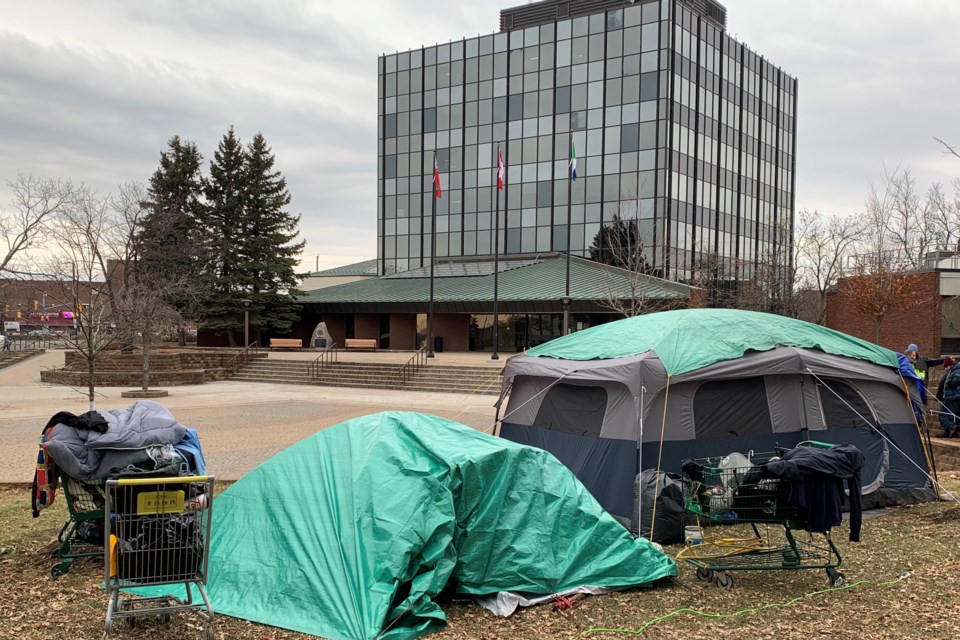A better understanding of homelessness in Canada — including quantifying the number of people experiencing it — is the goal of a data-gathering team from the Lawson Health Research Institute that is hosting forums in communities across the country.
With funding from the Government of Canada, the Homelessness Counts research project is collecting data surrounding the national homelessness situation. The purpose of this far-reaching project is to get a clear picture of the number of homeless people in Canada, and who they are in terms of age, gender, and identifiable groups to then help work towards more targeted services and more access to services.
The first six homelessness forums have been scheduled in communities across Ontario, including in North Bay, Thunder Bay, Kingston, Chatham-Kent, London and Brantford. These will be followed by workshops in various locations across Canada.
The North Bay forum will be held from 9 a.m. until 3 p.m. on Thursday, November 17 at the North Bay Indigenous Friendship Centre.
The forums will allow an opportunity for members of the community to come together to discuss issues surrounding homelessness and provide feedback to the research team through their thoughts, ideas, and concerns.
“The homelessness experience varies significantly across Canada, especially within different rural and remote regions of the country,” says Dr. Cheryl Forchuk, assistant scientific director at Lawson via news release. “Developing more accurate sources of data related to homelessness helps ensure the proper supports and services are available.”
This project builds on past work looking at how existing databases, such as provincial health data, could be better integrated and used as a more accurate, accessible and cost-effective way to determine rates of homelessness. This allows for a more accurate picture as numbers continue to rise.
This project has been made possible through funding from the Public Health Agency of Canada and Reaching Home, a community-based federal program aimed at preventing and reducing homelessness across Canada.
“Homelessness has a direct impact on the health and well-being of every Canadian community and further marginalizes vulnerable Canadians. We value the importance of the data collection by Lawson Health Research Institute, as it helps give us a better understanding of the homelessness situation in Canada,” says Minister of Housing and Diversity and Inclusion Ahmed Hussen. “Our government is committed to helping Canadians who are experiencing or at risk of homelessness which is why we are pleased to support this initiative. By working with other orders of government, non-governmental organizations, Indigenous partners and communities, we can increase the availability of safe, inclusive housing options and work towards reducing chronic homelessness in Canada.”
Since January 2021, the team has collected data from 28 distinct communities with homelessness challenges. They have visited a variety of community shelters and organizations to meet with those with lived experience, as well as service providers.
“We have been to every province and territory in Canada to collect data. We have interviewed more than 400 people experiencing homelessness in each community and have had focus groups with 190 service providers,” says Forchuk.
Preliminary data presented at the workshops will highlight issues by community. Nationally, the research team has found that the extent of homelessness is a growing problem and has been elevated during the pandemic. The team has also noted a number of regional differences when it comes to homelessness with respect to urban versus rural communities.
“Our ultimate goal is to gather the most accurate numbers of people experiencing homelessness across the country so we can collectively work together towards solutions, “adds Forchuk. “Solutions such as an increase of services that are targeted to address specific
concerns and vulnerable populations in each unique community.”



